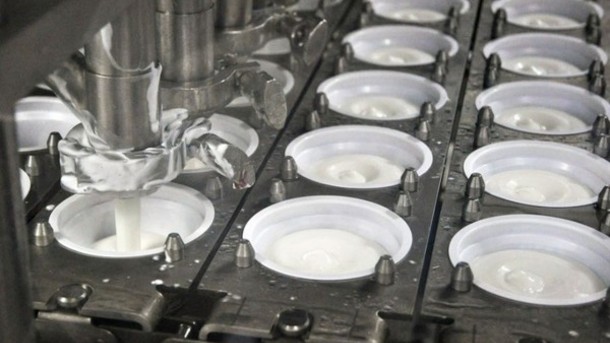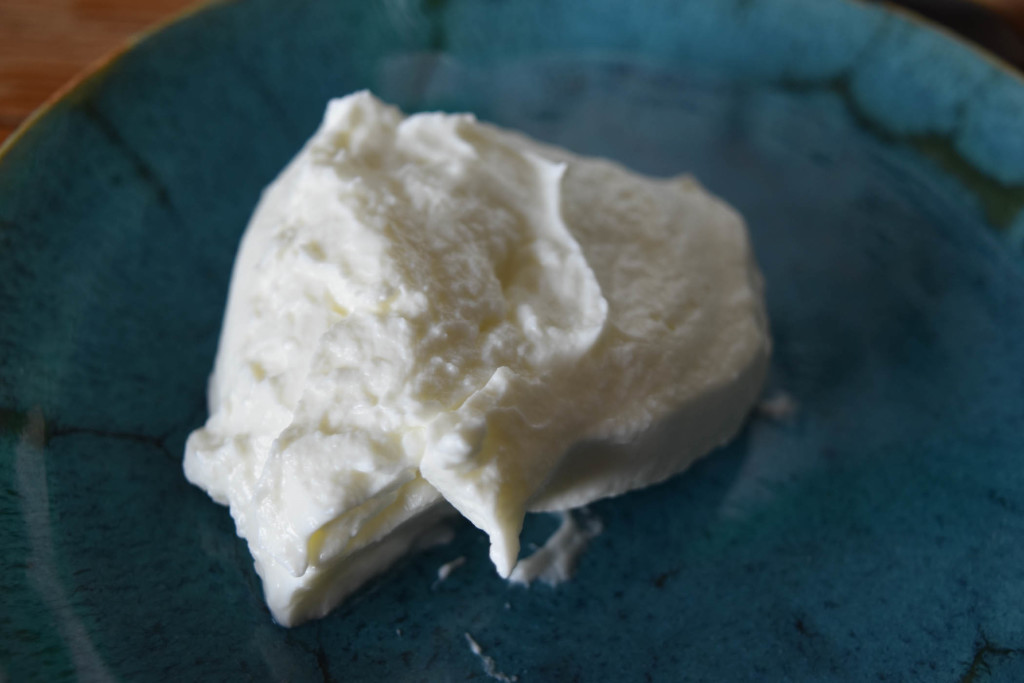A decade ago, Greek yogurt sounded like a Yoplait with a toga to the common consumer. Now, Greek yogurt sales have spiked from 4 percent to 52 percent since 2008. Brands like Chobani and Oikos are household names and have a large variety of flavors from watermelon to green tea to maple.
It’s been hailed by moms and fitness gurus alike, since it has such a high protein concentration and is a satisfying way to receive calcium and probiotics. However, like any trendy food, it’s never a perfect, 100 percent tradeoff. Greek yogurt has become one of the most significant sources of food waste in the food industry, and disposal methods are looking slim.
Most people who eat Greek yogurt crave its thickness – but there’s a dirty secret as to how it got that way. It takes four pounds of milk to make one pound of Greek yogurt, and anyone who took high school chemistry knows that those other three pounds don’t just disappear. The three pounds taken away become a highly acidic whey product that isn’t fit for human consumption. Companies have to pay farms to take the whey off of their hands.

Photo courtesy of dairyreporter.com
Some farmers have become creative with this acidic whey. Since yogurt is known to contain healthy gut bacteria, it can be used to feed cattle or generate energy. However, there’s only so many cows to feed from a gigantic industry-produced waste, so there’s a huge amount of acidic whey that is building up and could be harmful to our environment. If it were dumped out, it would deplete oxygen in streams and lakes, causing thousands of fish and other freshwater life to die.

Photo by Susanna Mostaghim
Nonetheless, solutions are being explored and may not be far away. Cheese is another milk-heavy producer of whey byproduct, but its whey has been converted to the protein powders we know and love today. Acidic whey contains mostly water, but the sugars and proteins that lie beneath its surface could create the next health food or energy source.
With a balanced diet comes a balanced carbon footprint, and Greek yogurt is no exception.


